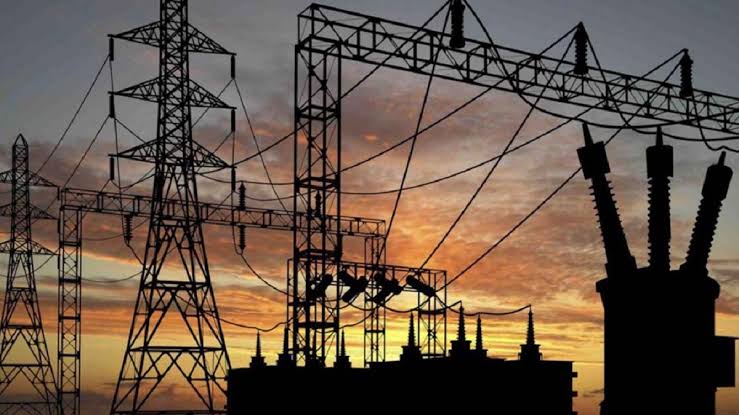The governments of Kano, Katsina, and Jigawa states are in the advanced stages of discussions to establish a regional electricity market aimed at expanding power access across the Northwest. The three states plan to raise ₦50 billion to accelerate the development of power infrastructure and improve supply to consumers.

According to a statement posted on X (formerly Twitter) by Saad Umar Faruk, the Public Relations Officer of the Kano State Ministry of Power and Energy, the states are also working to acquire equity stakes in Future Energies Africa (FEA)—the core investor in the Kano Electricity Distribution Company (KEDCO). This investment, officials say, will help reposition KEDCO’s strategic direction and enhance electricity distribution efficiency within the region.
The decision was reached during a high-level electrification summit in Marrakech, Morocco, where the three states agreed to collaborate on scaling up embedded generation, solar home systems, grid extensions, and mini-grid projects.
Kano State Commissioner for Power and Renewable Energy, Gaddafi Sani Shehu, explained that the partnership aims to create a unified regional electricity market that promotes cooperation, shared regulation, and mutual economic benefits.

He added that the states would work closely with KEDCO to reduce energy losses from residential consumers while improving service delivery.
“State representatives will convene an annual international retreat and meet quarterly to review progress, set direction, and strengthen collaboration for the Northwestern tri-state electricity market,” the statement read.
The agreement is seen as a landmark step toward improving electricity access, stimulating economic growth, and enhancing living standards across the three states.

This development follows the 2023 constitutional amendment that empowers states to generate, transmit, and distribute electricity—functions that were previously the exclusive domain of the federal government. The law was signed by President Bola Tinubu in June 2024, paving the way for greater decentralization in Nigeria’s power sector.
The Nigerian Electricity Regulatory Commission (NERC) has since begun transferring regulatory authority to willing states, a move designed to encourage local participation and improve accountability in electricity management.




